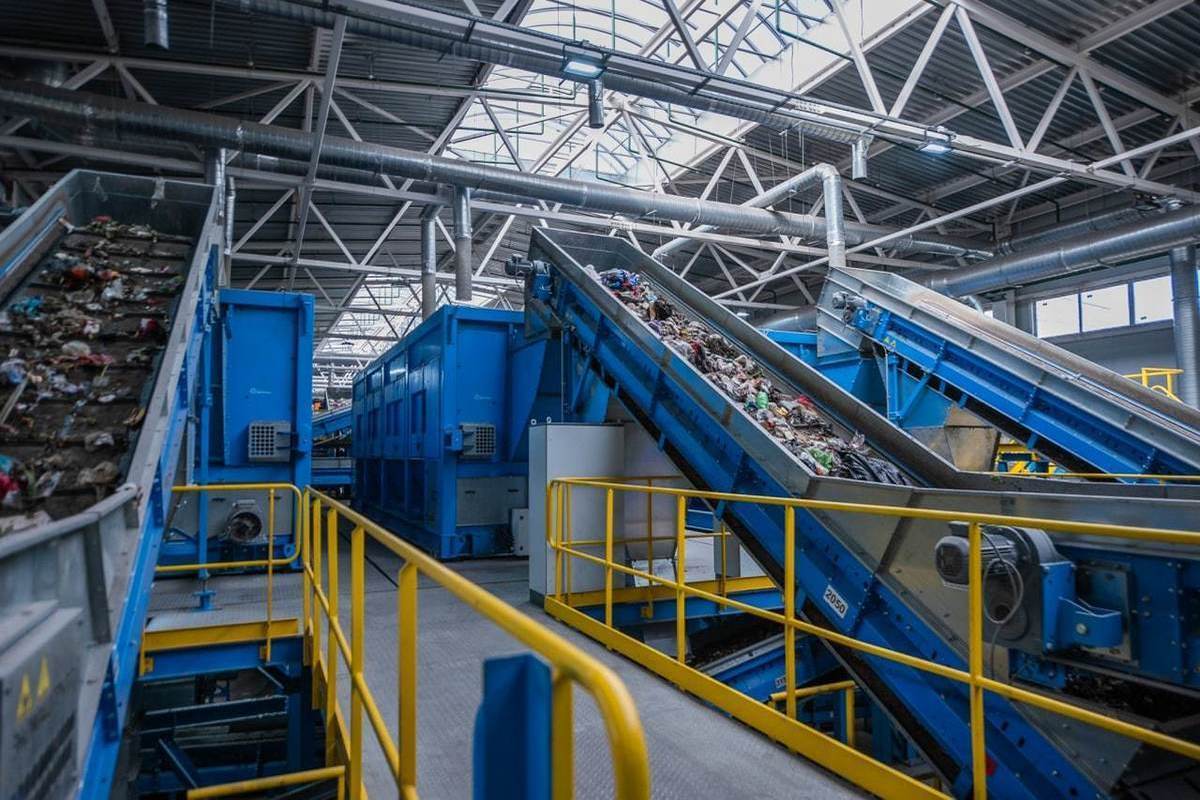Garbage in remote areas may be allowed to accumulate at transfer stations
[ad_1]

The bill on the management of solid waste in hard-to-reach areas passed the first reading in the State Duma
Due to the current geography, our country has many remote settlements, logistics to which are very difficult. This applies not only to the delivery of food, but also to the removal of garbage. To solve this problem, a bill was developed to regulate the removal of municipal solid waste (MSW) from hard-to-reach areas. On Tuesday, March 19, it was adopted by the State Duma in the first reading. The legal document proposes to classify as hard-to-reach those territories that are more than 300 km away from solid waste management facilities, and also to introduce the concept of a waste transfer station where it will be possible to accumulate solid waste for up to 12 months.
According to experts, the main problem is that the creation of infrastructure for the management of solid waste directly in such territories is often ineffective and expensive. This means that it is necessary to create such transfer points for waste – waste transfer stations, where waste will accumulate, which will subsequently be transported in sufficient quantities to MSW treatment facilities.
“There are many regions in Russia that have hard-to-reach areas. At the same time, in such populated areas, MSW is generated, which must be processed and disposed of, but problems arise at the logistics stage. It is not always possible to carry out regular exports. In order to eliminate this problem, the adoption of a number of regulations is required. REO together with the State Assembly (Il Tumen) of the Republic of Sakha (Yakutia), the State Duma Committee on Ecology, Natural Resources and Environmental Protection and the Russian Ministry of Natural Resources prepared a bill. It is aimed at solving the problems of removing MSW from territories with special geographical and climatic conditions, with which there is no year-round transport connection and which are significantly removed from MSW management facilities,” said the head of the Russian environmental operator Denis Butsaev.
According to the bill, hard-to-reach territories will include municipalities or parts thereof, from which, due to geographic, natural and climatic conditions, there is no possibility of year-round regular (at least once a month) transportation of MSW by road or water transport to MSW management facilities. The mass of waste generated in such areas will not exceed 20 thousand tons per year. And the settlements themselves must be at least 300 kilometers away from the nearest legal landfills.
Places that can be considered difficult to access will be identified in territorial schemes in agreement with the Russian environmental operator.
“The bill also introduces the concept of a waste transfer station, where it will be possible to accumulate MSW (in hard-to-reach areas for up to 12 months). The costs of creating and operating waste transfer stations will be included in the tariff of the regional operator, provided that their creation and operation ensure a reduction in the cost of transporting MSW compared to their transportation without the use of waste transfer stations,” added Deputy General Director of REO Alexey Makrushin.
Features of MSW management in hard-to-reach areas, including the timing of MSW accumulation there, will be determined in the rules for MSW management approved by the Government of the Russian Federation.
The draft federal law “On Amendments to the Federal Law “On Industrial and Consumption Waste” in terms of regulating the management of MSW in hard-to-reach areas was adopted by the State Duma in the first reading on March 19, 2024.
Its adoption will help facilitate the logistics of waste removal, as well as avoid spontaneous landfills in remote settlements of the country.
Let us remind you that the company “Russian Ecological Operator” was created by Presidential Decree on January 14, 2019. The key task of REO is to form a comprehensive system for the management of municipal solid waste (MSW) in Russia. According to the national project “Ecology”, this is necessary to reduce the volume of solid waste disposal and thereby reduce the environmental burden on the population. The goal by 2030 is to sort 100% of the volume of MSW and reduce by 50% the MSW that goes to landfills. Achieving such indicators is impossible without building a circular economy.
[ad_2]
Source link






